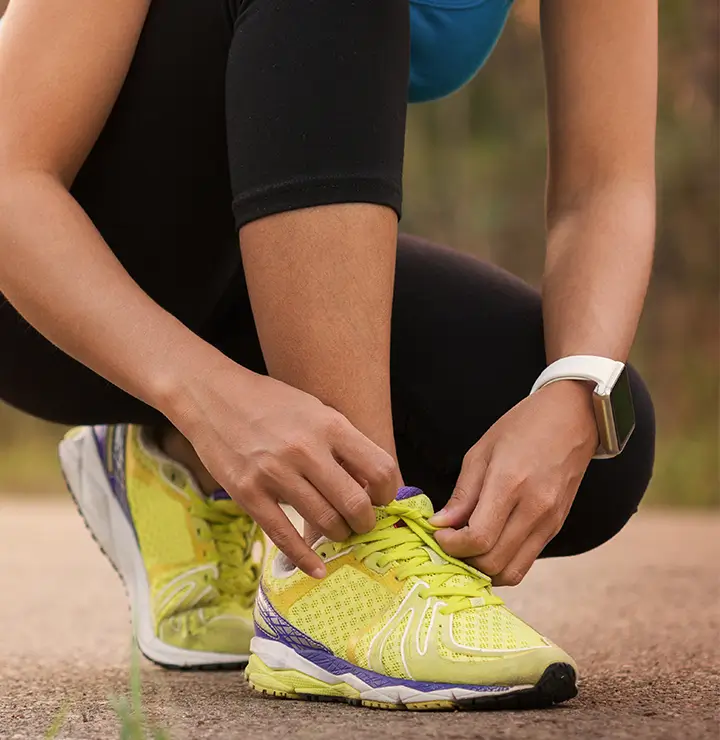
Foot and Ankle Surgery Services
UCI Health orthopaedic surgeons treat all kinds of foot and ankle pain and work to develop treatments that improve your symptoms and mobility.

Don’t let foot and ankle pain limit you
Get on the path back to mobility today.
Schedule an appointment by calling 714-456-7012 or
Our approach to foot and ankle surgery
All foot and ankle surgical treatments are tailored to your individual needs with one goal: to return to you a functional, independent life that is free from pain.After being referred to our foot and ankle surgery team by your primary care or an urgent care physician, our foot and ankle specialists will take your medical history, conduct a comprehensive physical examination, and take imaging.
Once a diagnosis is made, your physician will work with you, as well as other specialists across UCI Health—such as sports medicine specialists, trauma specialists, infection experts, physical therapists–to find the most comprehensive and least invasive plan for you.
Why choose UCI health for foot and ankle surgery?
Comprehensive whole-person care
When you come to UCI Health for foot and ankle treatment, you have access to a multidisciplinary team of orthopaedic specialists, both surgical and non-surgical, who coordinate care to create the most comprehensive treatment plan for you.
Unmatched expertise
The UCI Health three fellowship-trained foot and ankle surgeons, a complex tertiary referral center, and experts in leading-edge technologies minimally-invasive and arthroscopic surgery.
Looking for more options?
View all clinicians
Find an orthopaedics clinical trial
Talk to your doctor to see if a orthopaedics clinical trial is right for you.
Featured Blog Posts

Rethinking surgery for a next-generation hospital

Car crash survivor climbs back from adversity

What smoking does to your bones
Featured News Stories

UCI Health celebrates more than 200 Physicians of Excellence





